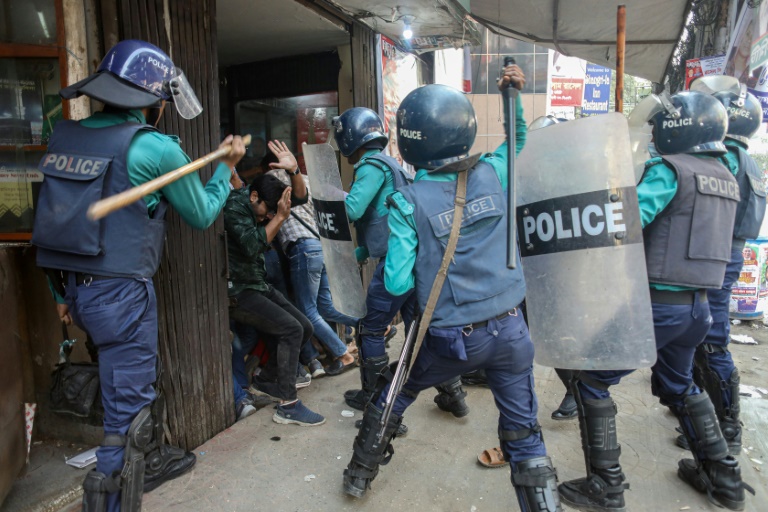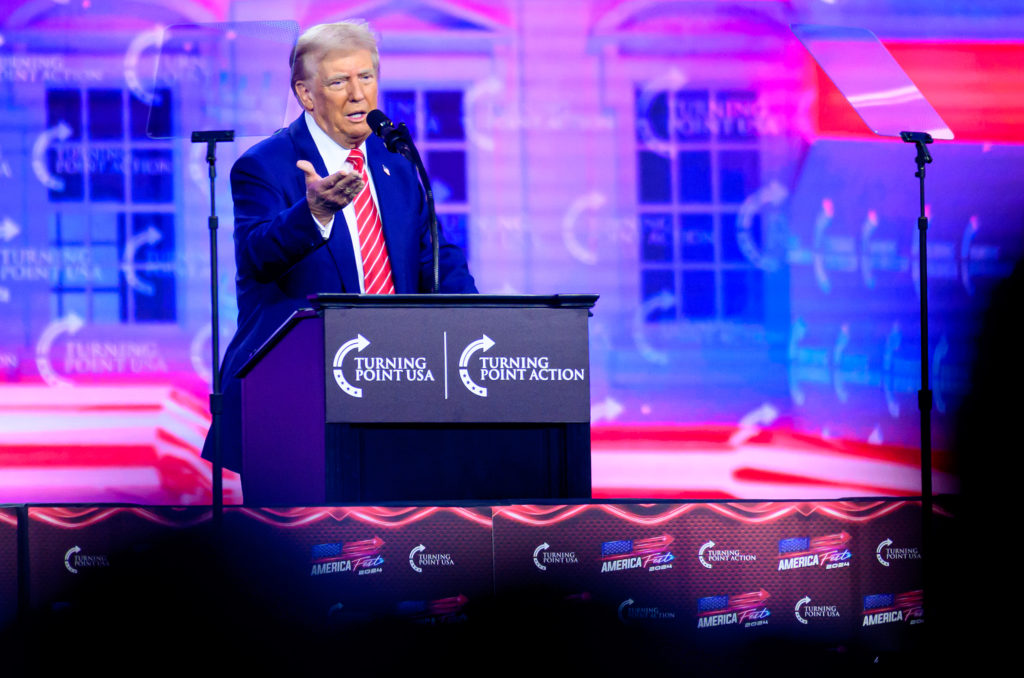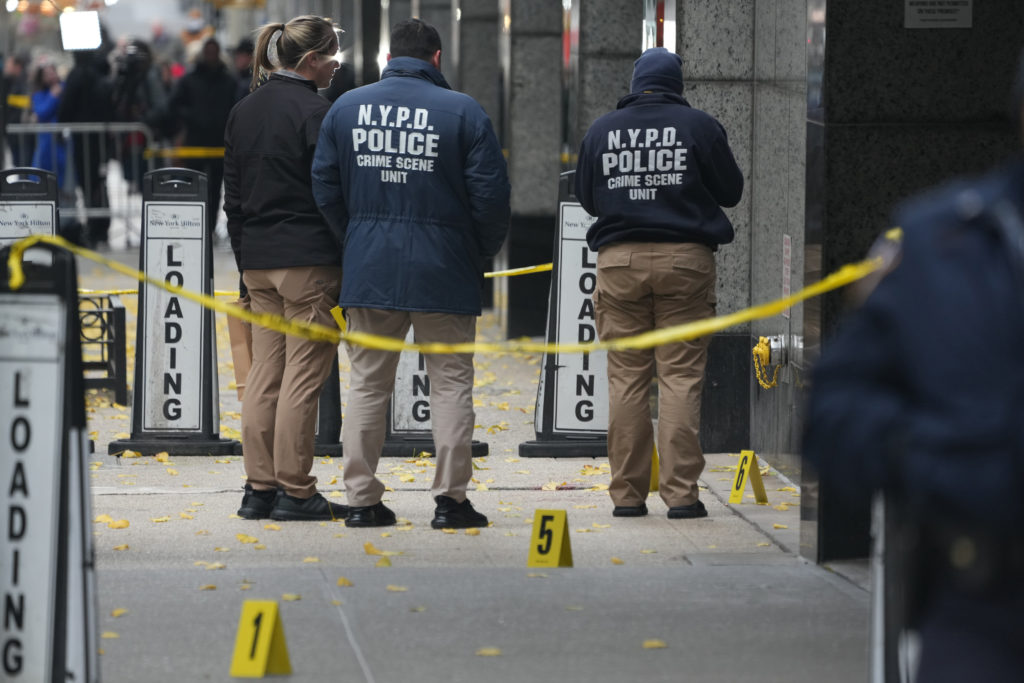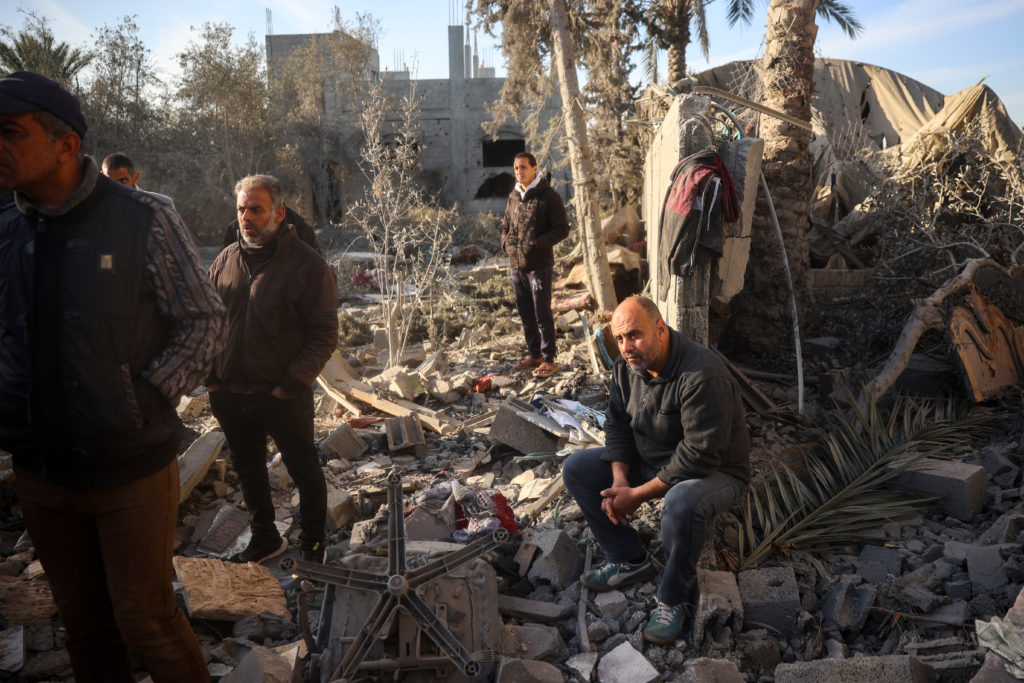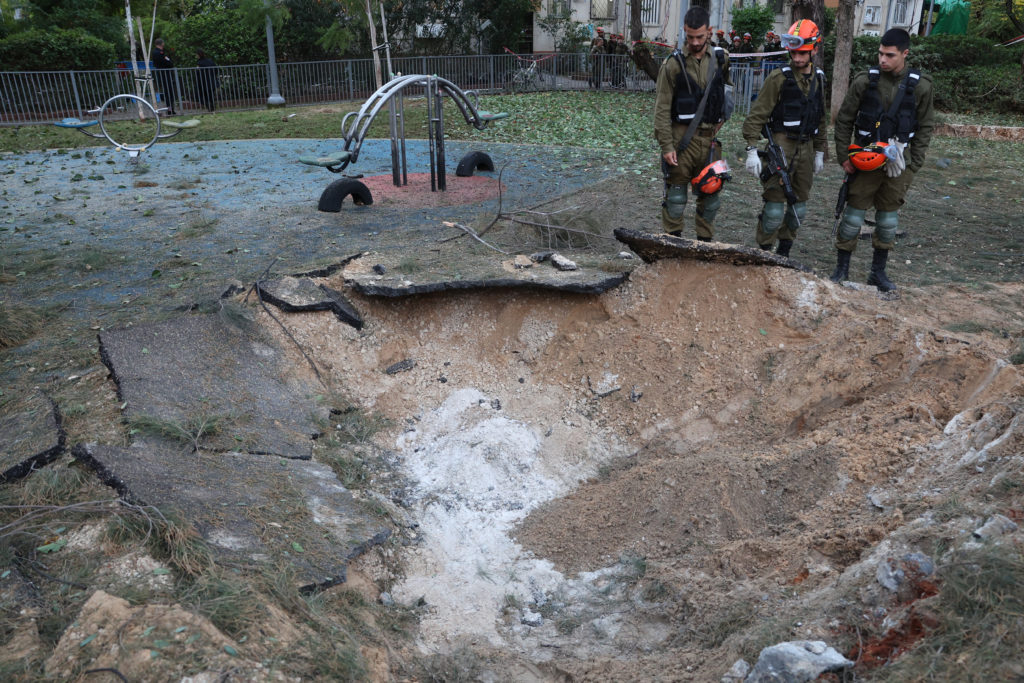Police charge Bangladesh Nationalist Party (BNP) activists as they gather in front of the party's office in Dhaka on Wednesday
The two top leaders of Bangladesh’s main opposition party were taken from their homes by police in the early hours Friday, a party spokesman said, a day before a planned rally was to call for the prime minister’s resignation.
Protests sparked by power cuts and fuel price hikes have erupted across the country in recent months, demanding that Prime Minister Sheikh Hasina step down in favour of fresh elections under a caretaker government.
Friday’s police action comes two days after security forces in the capital Dhaka fired rubber bullets and tear gas into a crowd of thousands of Bangladesh Nationalist Party (BNP) supporters preparing for the December 10 rally, leaving at least one dead and scores wounded.
BNP general secretary Mirza Fakhrul Islam Alamgir and Mirza Abbas, a former minister and member of the party’s top decision-making body, were taken from their homes at about 3 am on Friday (1900 GMT Thursday), Zahiruddin Swapan, head of the BNP’s media wing, told AFP.
“They were plainclothes policemen. Alamgir knew their identity. They told him he was being taken away on the order of the high command,” Swapan said, adding the party did not know where the two had been taken.
Police could not be immediately reached for comment.
Tensions have been high in the capital ahead of the planned Saturday rally, which the BNP said would draw hundreds of thousands of supporters from all over the country.
Police have insisted they would not allow a demonstration in front of the party office, which they called a “crime scene” after claiming to have found Molotov cocktails at the location.
But a defiant Alamgir on Thursday told a press briefing the party planned to push forward with the event.
BNP spokesman Swapan said police had arrested “around 2,000” party activists and supporters in a bid to scuttle the December 10 rally.
Independent observers have said the past two general elections, in which the BNP was decimated, were rigged by Hasina’s government.
Fifteen Western embassies issued a joint statement late Tuesday calling for the country to allow free expression, peaceful assembly and fair elections.
The UN a day later said Bangladesh must uphold its commitments to free expression, media freedom and peaceful assembly.
Addressing Wednesday’s violence, Amnesty International’s Yamini Mishra said the incident showed “that the Bangladesh authorities have very little regard for the sanctity of human life and sends a chilling message that those who dare to exercise their human rights will face dire consequences”.

